Germany has notably been among the nations that best coped with the threat of the new coronavirus. And now, following the latest plans on further improving readiness and efficacy of its healthcare sector at all levels, the country sees in digitalization one of the steps ahead.
A project in the federal state of Hessen is currently piloting the creation of an electronic portal to manage digital prescriptions, paired with the increased usage of medical video consultations. Nortal, multinational strategic change and tech company from Estonia, took part in the consortium of actors that is making it possible, relying on its previous experience with secure data exchange in diverse contexts.
We spoke to Taavi Einaste, CEO of Nortal Germany, to find out what sparks interest towards the X-Road® technology there, and how this digital leap to improving public health is progressing.
Background and institutional framework
The pilot project taking place in Hessen must be contextualized within the general public policy strategy to modernize the German healthcare sector. Such a plan is being pushed passionately by the incumbent German Minister of Health, Jens Spahn. In an interview with news portal Politico Europe, released not long before the Covid-19 outbreak, Minister Spahn already highlighted 1) digitization, 2) the intensive and appropriate use of health data, as well as 3) fast and secure data exchange as priorities that stretch beyond national needs. Efforts should be directed to these goals, among others, at the European level. And Germany has already started making a significant move in this direction.
In November 2019, the German federal parliament approved the Digital Healthcare Act, a concrete stepping stone to fostering digital transformation in the country’s healthcare system. In a recent editorial on national newspaper Frankfurter Allgemeine Zeitung, Minister Spahn pointed out that trust in digital healthcare will grow as people experience first-hand how these solutions can improve their everyday life. The ongoing pilot project in Hessen aims to provide a practical, tested sample of this.
“The combination of a serious lag compared to the digital leaders and fresh, top federal leadership has forced the German establishment to switch gears. The pandemic has, of course, intensified these efforts, and has been extremely powerful in converting the opposition,” Taavi Einaste adds on the topic. These premises, and Nortal’s expertise and business relations in the German market, enabled the Estonian tech company to take part in a consortium with billing and financial service provider Optica, and start developing the German way to digital prescriptions.
Needs and challenges
Two dimensions emerge more markedly as the drivers of this project – the public policy side of the equation, and a public health-related one. For what concerns the first, there is no question whether increasing digitalization in the healthcare sector could be postponed or not. As Minister Spahn himself outlined, such a step forward was long overdue. Deploying ICTs in as many spheres of governance and society as possible means to provide citizens with better services, particularly when it comes to the protection of their fundamental right to efficient healthcare. That is one of the reasons why Germany’s 2020 EU Council Presidency, from July to December, will incorporate these goals too in its lines of action.
Secondly, on the public health side of the coin, the Covid-19 crisis has made digital solutions a necessity more than ever before. With face-to-face contact dramatically limited, and social distancing enforced, data must move securely instead of citizens. “In Hessen, for example, we expect people and the medical system to get better healthcare services, when and where they are most needed. The pandemic has made this flexibility crucial. Being able to build and set up secure service flows for people independent of their locations, or of moving paper documents between stakeholders – this will both make citizens’ lives easier, and avoid a lot of eventual mistakes. Last but not least, it will probably make everyone save some money in the process too,” Einaste points out.
The solution
Medical video consultations are a powerful tool whose increased usage can dramatically benefit patients. However, these provide real added value only if the preceding and following steps take place electronically too. To the end of improving their effectiveness, KV Hessen, doctors, health insurance firms and a consortium of IT companies developed the e-prescription portal MORE based on the relative Estonian blueprint.
After a video consultation takes place, when a digital prescription is issued to patients, they can manage it on the e-prescription portal MORE. With the option to forward it directly and electronically to a registered pharmacy, patients would have to move from their homes just to pick up the supplied medications. Job’s done, as reported in Pharmazeutische Zeitung.
Nortal, drawing from previous experiences in Lithuania and Abu Dhabi, among others, built the back-end solution based on HL7/FHIR standards. In parallel, the X-Road technology was implemented to connect all medical stakeholders involved and ensure secure data exchange between the parties. “Interoperability is a basic need, so that might not be the right word to focus on in this case. The ingredient that makes something like X-Road fit into the German reality, instead, is that we focused on the security and governance of data exchange. The fact that each transaction can be treated as a legal document is an important part of the appeal in the German context,” Einaste says.
“I think the pandemic has opened the eyes of digital pessimists and paper enthusiasts: the lack of digital services should be considered a systemic risk for any modern society. The opportunity to handle even a small section of healthcare cases digitally, or partly digitally, is something I think every medical administrator in the world has been looking for in the last 3-4 months. That’s why Nortal is now discussing the deployment of many new solutions in Germany. And beyond that, with our partners ottonova from Germany and inHealth in Abu Dhabi, we are working on a global travel enabling platform as well,” Einaste concludes.


-3333AB?logo=data:image/svg%2bxml;base64,PHN2ZyB3aWR0aD0iMzEiIGhlaWdodD0iMzMiIHZpZXdCb3g9IjAgMCAzMSAzMyIgZmlsbD0ibm9uZSIgeG1sbnM9Imh0dHA6Ly93d3cudzMub3JnLzIwMDAvc3ZnIj4KPHBhdGggZD0iTTE0LjIwMDggMjEuMzY3OEwxMC4xNzM2IDE4LjAxMjRMMTEuNTIxOSAxNi40MDAzTDEzLjk5MjggMTguNDU5TDE5LjYyNjkgMTIuMjExMUwyMS4xOTA5IDEzLjYxNkwxNC4yMDA4IDIxLjM2NzhaTTI0LjYyNDEgOS4zNTEyN0wyNC44MDcxIDMuMDcyOTdMMTguODgxIDUuMTg2NjJMMTUuMzMxNCAtMi4zMzA4MmUtMDVMMTEuNzgyMSA1LjE4NjYyTDUuODU2MDEgMy4wNzI5N0w2LjAzOTA2IDkuMzUxMjdMMCAxMS4xMTc3TDMuODQ1MjEgMTYuMDg5NUwwIDIxLjA2MTJMNi4wMzkwNiAyMi44Mjc3TDUuODU2MDEgMjkuMTA2TDExLjc4MjEgMjYuOTkyM0wxNS4zMzE0IDMyLjE3OUwxOC44ODEgMjYuOTkyM0wyNC44MDcxIDI5LjEwNkwyNC42MjQxIDIyLjgyNzdMMzAuNjYzMSAyMS4wNjEyTDI2LjgxNzYgMTYuMDg5NUwzMC42NjMxIDExLjExNzdMMjQuNjI0MSA5LjM1MTI3WiIgZmlsbD0id2hpdGUiLz4KPC9zdmc+Cg==)